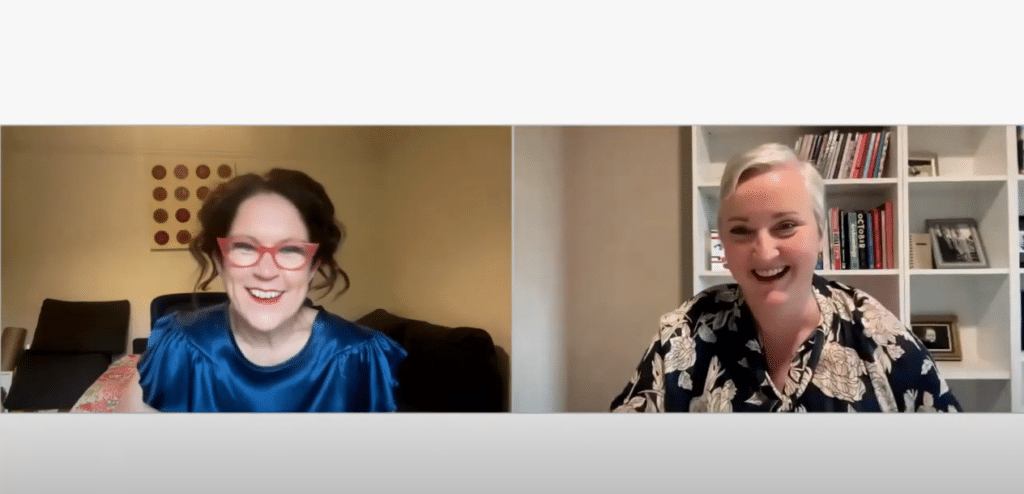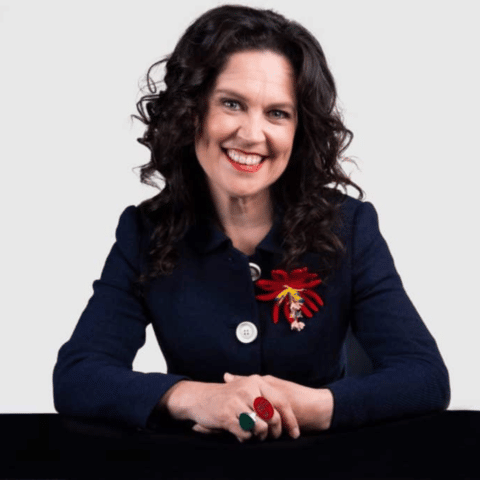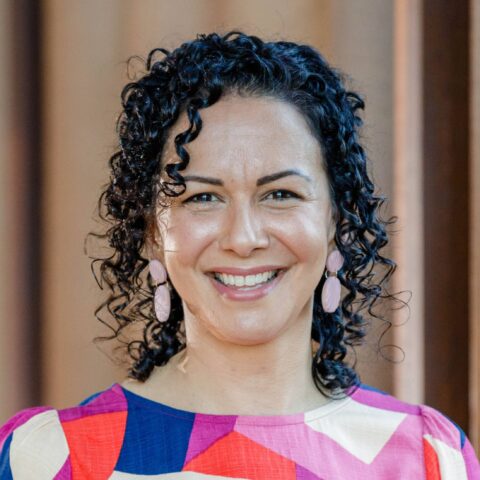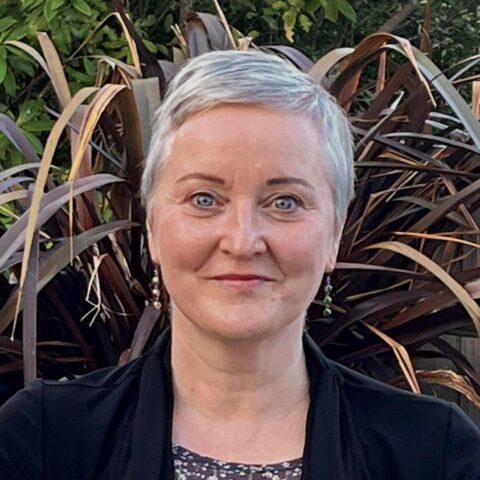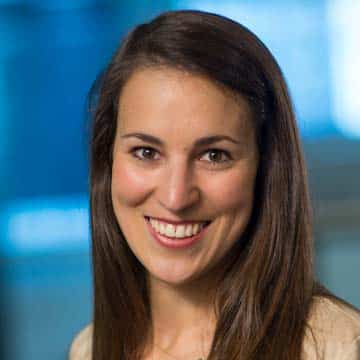- Research
- 2022-2026 Research Strategy
- Open Clinical Trials
- Closed Clinical Trials
- What is a Clinical Trial?
- Why Participate in a Clinical Trial
- Remote Telehealth Pre-Screening Process
- Research Achievements
- Publications
- Research Development and Funding
- Participating Institutions
- International Collaboration
- BCT Trials & Projects Summary
- Translational Research
- Clinical Fellowship Program
- International Fellowship Support
- Annual Scientific Meeting
- Travel Grants and Awards
- About
- Our Impact
- Fundraise
- Donate
- Researcher Login
- Cart
Watch Now
For breast cancer patients, maintaining a balanced diet and regular exercise is crucial for managing health and improving outcomes.
A well-structured diet helps support the body’s healing processes, enhances energy levels, and boosts overall well-being. Emphasising a diet rich in fruits, vegetables, whole grains, lean proteins, and healthy fats provides essential nutrients that can aid in recovery and improve the body’s resilience against cancer and its treatments. Foods high in antioxidants, such as berries and leafy greens, may help combat oxidative stress and inflammation, potentially contributing to better health outcomes.
Exercise plays a complementary role in breast cancer care by offering numerous physical and psychological benefits. It is recommended that breast cancer patients incorporate moderate physical activity into daily routines, such as brisk walking, swimming, or cycling. Regular exercise helps maintain a healthy weight, which is particularly important since obesity has been linked to an increased risk of cancer recurrence. Additionally, physical activity can improve cardiovascular health, strengthen bones, and enhance muscle strength, which are crucial during and after cancer treatment.
Furthermore, engaging in regular exercise has been shown to help manage treatment-related side effects such as fatigue, depression, and anxiety. For breast cancer patients, exercise can improve mood and reduce the risk of mental health issues, which is important for overall quality of life.
Diet and exercise also intersect in the management of treatment side effects. For instance, hormonal therapies used in breast cancer treatment can affect bone density and increase the risk of osteoporosis. A diet rich in calcium and vitamin D, along with weight-bearing exercises, can help mitigate this risk. Additionally, staying hydrated and consuming adequate protein supports muscle repair and recovery, which can be particularly beneficial during periods of treatment-induced weakness or loss of appetite.
Our recent Q&A focused on the pivotal role of diet and exercise in the care and management of breast cancer. This session explored how diet and exercise can significantly enhance the quality of life for breast cancer patients and survivors. Our expert panel also provided evidence-based recommendations and practical tips for integrating these elements into daily routines to support overall health and well-being throughout the cancer journey.
- Marina Reeves was a guest speaker at Breast Cancer Trials 45th Annual Scientific Meeting in Cairns, and we spoke to her about optimising care for metastatic breast cancer patients via exercise and diet. Click here to listen to our podcast episode with her.
- Dr Eva Zopf is an exercise physiologist whose research interest focuses on the role of exercise as medicine for the management of cancer. Eva was a guest speaker at Breast Cancer Trials 45th Annual Scientific Meeting in Cairns, and we spoke to her about the PREFERABLE-EFFECT Study, including the role of structured exercise in improving fatigue, health-related quality of life, and breast cancer-specific concerns in metastatic breast cancer patients. Click here to listen to our podcast episode with her.

